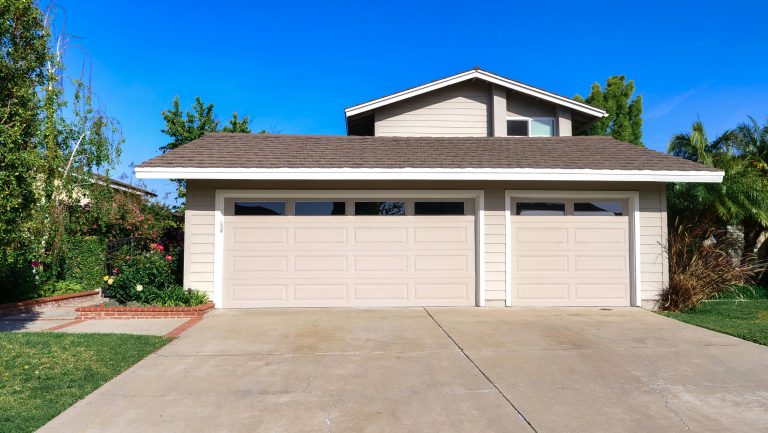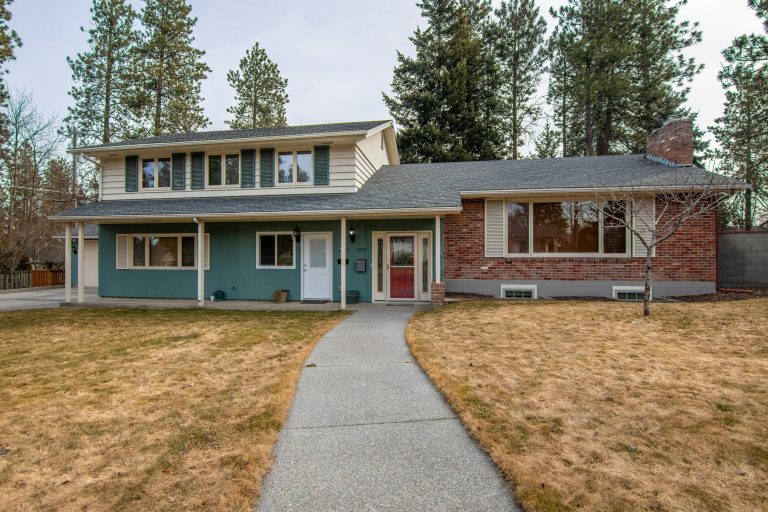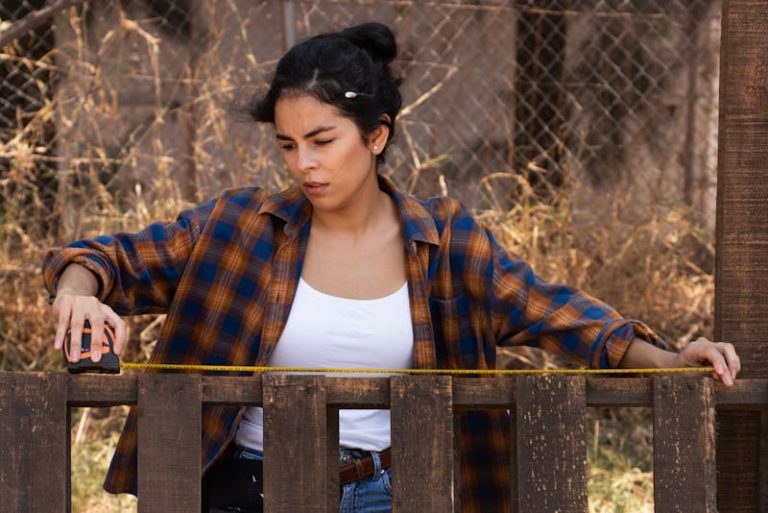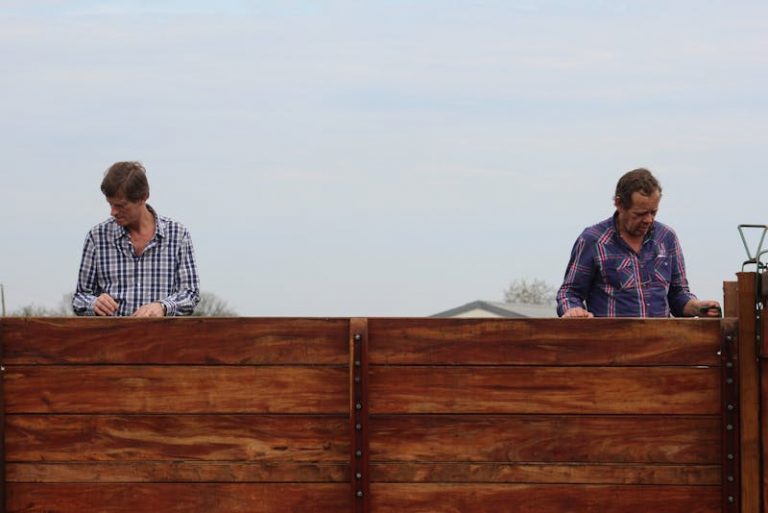

Updated:2/4/2022
If you’re a homeowner, you need to make sure that your plumbing is in good shape. The best way to do this is through regular maintenance. There are many things you can do yourself to keep your plumbing working, so make sure that you know the best plumbing supply store near me. You can pick up any supplies you need and have them handy at home. Then, when a minor repair needs to be done, you’ll be all set to take care of it.
The best plumbing repairs are those done by a professional plumber. So if you have bigger problems, make sure that you bring in the best plumbing and heating service you can. Ask other homeowners about the plumber they hired, then use that advice to find your own. You can also ask the best plumbing supply near me if they have any plumbers they recommend. If you get advice from trusted sources, it will be easier for you to decide who to hire. So get some names, then ask them all for quotes and compare the results.

While plumbing issues take many forms — from the 20% to 35% of residential toilets that are leaky, to more serious concerns such as sewers over 40 years of age that need replacement — many homeowners simply do not feel equipped to handle fixing plumbing concerns when they arise, let alone a plumbing emergency. So, what should you do if a plumbing emergency occurs in your home, and how do you tell if something is truly a plumbing emergency? Here is some information to help you make more informed decisions when faced with a possible plumbing emergency.
Tip #1. Contact A 24 Hour Plumbing Service
The purpose of 24 hour plumbers is to help with plumbing issues that require plumbing repairs and/or drainage solutions on the more serious end of the spectrum. While calling a plumber to fix typical household leaks can save you 10% on your water bill, this is not something you would call an emergency plumber for. Emergency plumbers are available 24 hours of the day to help when major plumbing concerns arise such as repairing burst pipes, dealing with major clogs and other plumbing issues that need to be dealt with immediately to avoid extensive household damage or for safety reasons.
Tip #2. Turn Off The Main Water Shut-Off Valve
Even if you have contacted an emergency plumbing service and someone is on their way to help, it is good to be able to minimize damage by knowing the location of your main water shut-off valve and being able to shut it off in case of emergency. You should also practice shutting off the hot water heater. Often, the emergency plumber will tell you steps to take in the meantime while you are waiting for assistance, so it is good to know the layout of your utilities in the basement so you can follow the steps you are given.
Tip #3. Locate Plumbing Fixtures’ Isolation Valves
If it is a particular plumbing fixture that is resulting in a plumbing emergency, it may be handy to know where the isolation valve is located and how to turn it off and on. Every fixture has its own isolation valve that limits the flow of water to that fixture. This way, it is possible to prohibit the flow of water to the area of concern, while still allowing water to the rest of the household.
While plumbing emergencies are never a welcomed situation, it is a good idea to have a strategy of steps to take in case you are ever faced with one. Have the number of a local emergency plumber handy to contact, and follow their instructions in the meantime while you wait. If you have any additional suggestions, comments or questions about emergency plumbing protocol, your comments are welcome.







